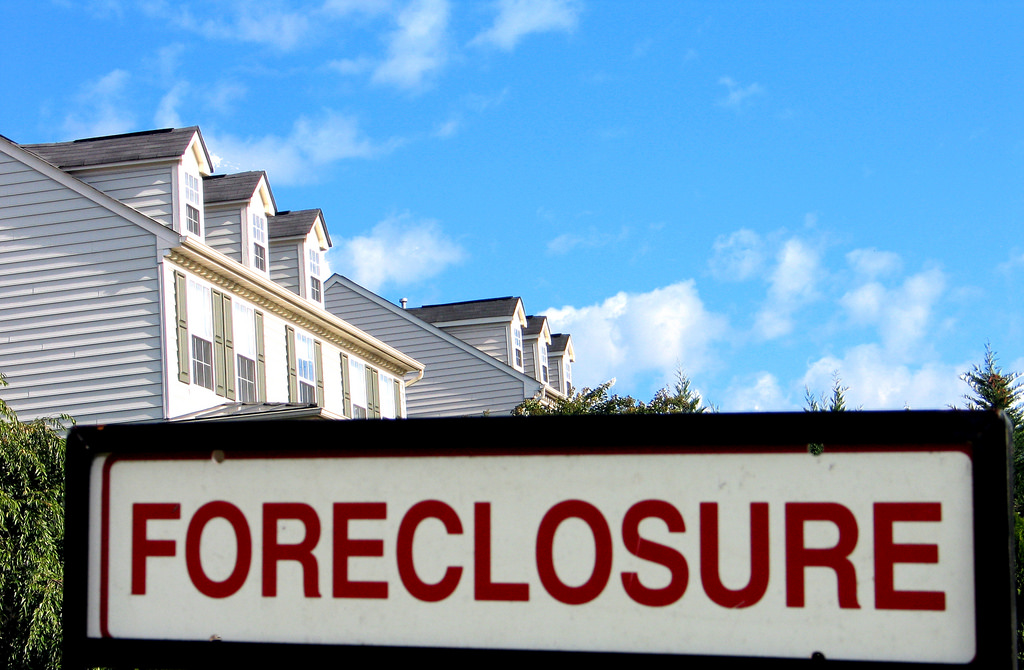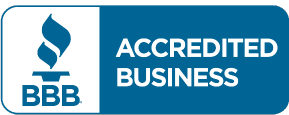Nowadays, purchasing foreclosed properties has become a common practice among millions of people who look forward to having their own home. In fact, foreclosed homes are continually becoming a huge portion of the total sell-able properties and increasingly attracting prospective buyers. Banks don’t have any intention to be land banks and thus they always want to offload the foreclosed properties as soon as they can along with the least amount of pain, even if that means selling a property for peanuts. However, before you plan to purchase a foreclosed property, you need to do some research and weigh different options to make a wise choice.
Purchasing a foreclosed property isn’t the same as buying a home the conventional way and could bring along potential problems that you must consider. Foreclosed properties can be bundled with different kinds of problems, which may include hidden costs, issues with the property’s condition and history, legal complications etc. Here’re some major downfalls for purchasing a foreclosed property that you need to understand before going ahead:
- Purchasing a foreclosed property means that you’re going to buy a property that its earlier owner failed to keep. Apart from the repair and maintenance costs, the owner may have neglected expenses like property and income taxes, loans against the property, service provider payments etc. In these types of cases, the property may be placed under a lien which becomes your liability after you’ve purchased it.
- Many foreclosed properties are situated at less desirable areas of cities or school districts. In case you come across a bank-owned property or REO (real estate owned) with a fair price, remember that it doesn’t have to be a great bargain. Perhaps the reason behind is the bad location. Additionally, keep in mind that foreclosed properties in attractive locations sell quickly.
- Foreclosed properties, when placed in the market, are listed simply on ‘as-is’ basis. That means the bank doesn’t have
 responsibility for the present condition of the property and they won’t make any repairs before you purchase it. Thus, any foreclosed property may require significant amount of repairing works to be performed to make it inhabitable. Properties that are placed in REO phase usually remain in the worst conditions. As foreclosure is a quite a lengthy process, the property is most likely to have been sitting there for years or months with no or little maintenance. This in turn would usually lead to broken pipes, mold buildup and bug or vermin infestations. Additionally, earlier homeowner might have intentionally sold valuable appliances or done damages to the property.
responsibility for the present condition of the property and they won’t make any repairs before you purchase it. Thus, any foreclosed property may require significant amount of repairing works to be performed to make it inhabitable. Properties that are placed in REO phase usually remain in the worst conditions. As foreclosure is a quite a lengthy process, the property is most likely to have been sitting there for years or months with no or little maintenance. This in turn would usually lead to broken pipes, mold buildup and bug or vermin infestations. Additionally, earlier homeowner might have intentionally sold valuable appliances or done damages to the property. - Foreclosed properties allure a lot of interest because of their incredible value. If you’re looking for a primary residence, you may have to compete with established investors who can make all-cash offers. Seasoned investors always keep an eye watching out for acquiring properties at significant discounts. If you’re unaccustomed with the process of investigating foreclosed properties or unaware of the value of local properties, you might end up overpaying or find it difficult to compete for an undesirable home at a less desirable locality.
So, consider all these factors before going ahead to invest in a foreclosed property.





